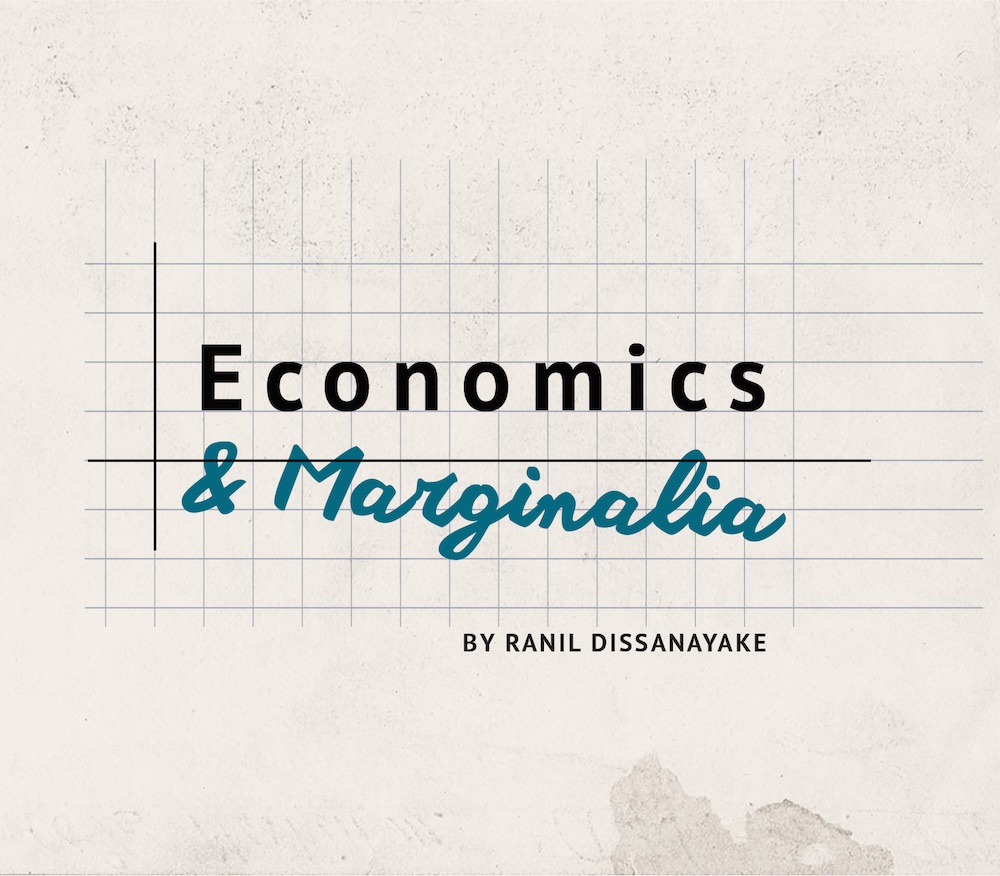Hi all,
While I usually like to blame any late distribution of the Friday links on technology (which really is the culprit a lot since we moved to an automated system) or on CGD website policies or freezes, this week—if you wind up reading this on Monday—it's all on me. After my usual sprint home from teaching, I was on dinner and bedtime duty for the 3 year old, which severely curtailed my usual 'bash the links out while he scarfs down some sweetcorn' strategy; I'm returning to these a lot later than usual. Still: I regret nothing; I recently told a friend, due soon, that while everyone is going to warn her of lost sleep (true) and worries (true) and change (also true!) people usually forget to mention all the fun. Tonight he fell asleep holding my face because he couldn't see it in the dark, and even the links, my favourite thing to write every week, couldn't exert the tiniest pull away from bedtime. But, now he's fed and asleep, the brain has switched back to econ mode.
- If I had to make only one recommendation this week, it would be a no-brainer: read Stefan Dercon's new working paper on the Political Economy of Policy Advice. This is something I've spoken about with him more times than I can remember, and we've always commented on how hard it is to find a serious, carefully-thought through treatment of what the optimal strategy for offering technical advice is in different political (big P and little p) contexts. Well, Stefan has finally taken on the task of providing it himself; carefully showing that to actually make the largest positive effect on welfare, one may need to offer 'second-best' advice; an approach that many technical organizations do not take, considering that their role is to provide the 'right' advice, while politics and the dirty business of navigating them are someone else's problem. For those of us, like me, who have worked for Governments in many countries, this paper feels like systemization of something we've been groping towards already, clarifying along the way.
- I am probably largely preaching to the converted with that link, given how many readers have—in some way or another—been intimately involved in the real business of getting stuff done in Government. I'm almost definitely preaching to the choir here, with Tim Harford's short paean to randomization. He says quite a bit that will be old hat to many of us, but here's something that may be slightly less familiar: very often we overestimate our ability to 'optimize' our choices when we are forced to rank or choose between multiple options. Sometimes when we think we're optimizing, we're really just falling prey to a half-ignored bias, or retreating to the comfort of some familiarity that allows us to trick ourselves into thinking we're making an objective decision. In such cases, it may be superior to simply define a fairly conservative lower bound below which options cannot fall and then simply randomize choice for all objects above that bar. We will sometimes find ourselves choosing things we wouldn't otherwise—and that can be a good thing.
- I'm generally a Kaushik Basu fan (his Policymaker's Journal is hilarious, too; and his twitter feed full of unexpected delights), but one shouldn't forget he's also a top-class economist. This Project Syndicate piece on the need to tackle inequality to save liberal democracy is excellent.
- Usually, I am sceptical of any theory of change which boils down to "if we tell people something, they'll change what they do". Too often, we think that when we're too lazy or arrogant to truly understand why they don't already do what we think they should do. But sometimes, it really does just boil down to 'tell them something they don't know': in this case, in the Tanzanian fertiliser market.
- Are you following the Sam Bankman-Fried trial? The whole saga is depressing and darkly funny when you think about how many people whose entire identity revolves around the idea that they are incredibly careful in how they think about the world and process evidence completely failed to notice the bright red waving flags about this dude. But reading this interview with SBF's biographer, Michael Lewis (as someone who has really enjoyed his books) makes me wonder, is SBF just Kilgrave? Does he exude a virus that makes otherwise smart people just throw away their critical faculties? In any case, Lewis sounds like he got way too close to him, and his judgment looks totally kaput here.
-
I'm wrapping the links up slightly early today: I've been up since 5am and been to Oxford and back since then, but I'm not going to let you leave without a bit of fluff. First, for Londoners, the most addictive game you'll play all year: can you remember all of the names of the tube stations in the capital? A game that will horrify the obsessive in you—can anyone get above 95%? And for everyone else (well, for the basketball fans among you) LeBron James may be almost 39, but he's still the King.
Have a great weekend, everyone!
R
Disclaimer
CGD blog posts reflect the views of the authors, drawing on prior research and experience in their areas of expertise. CGD is a nonpartisan, independent organization and does not take institutional positions.


